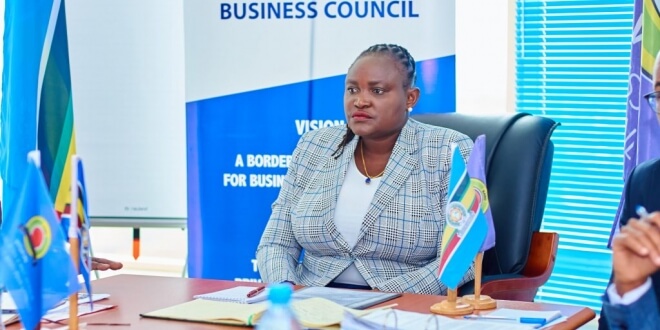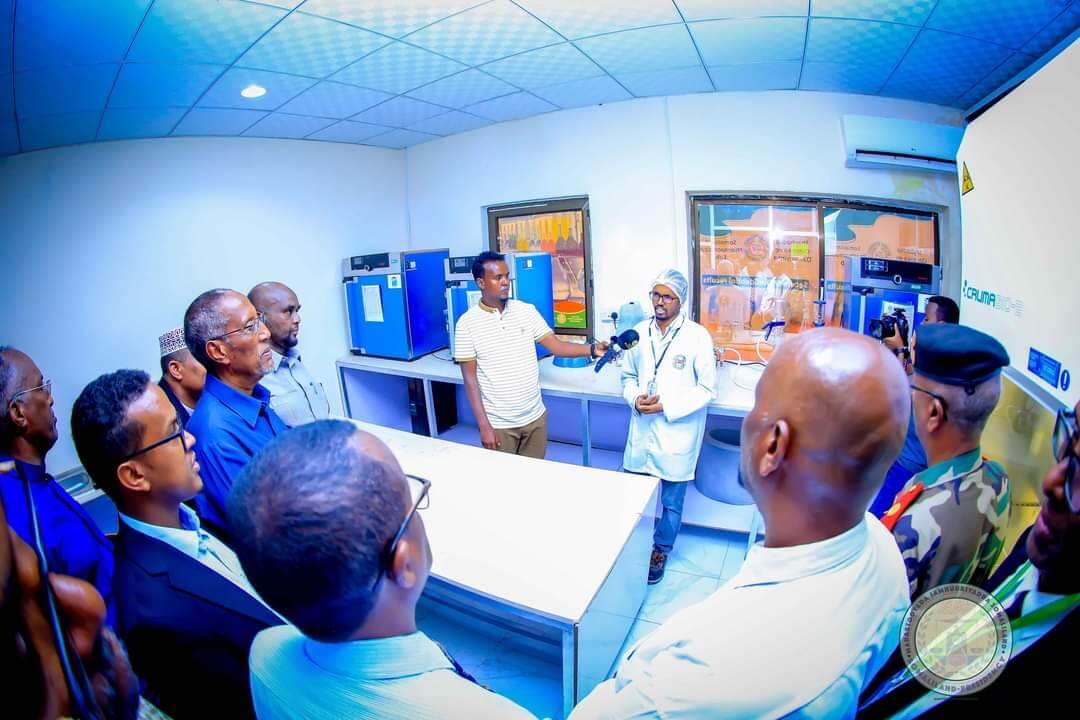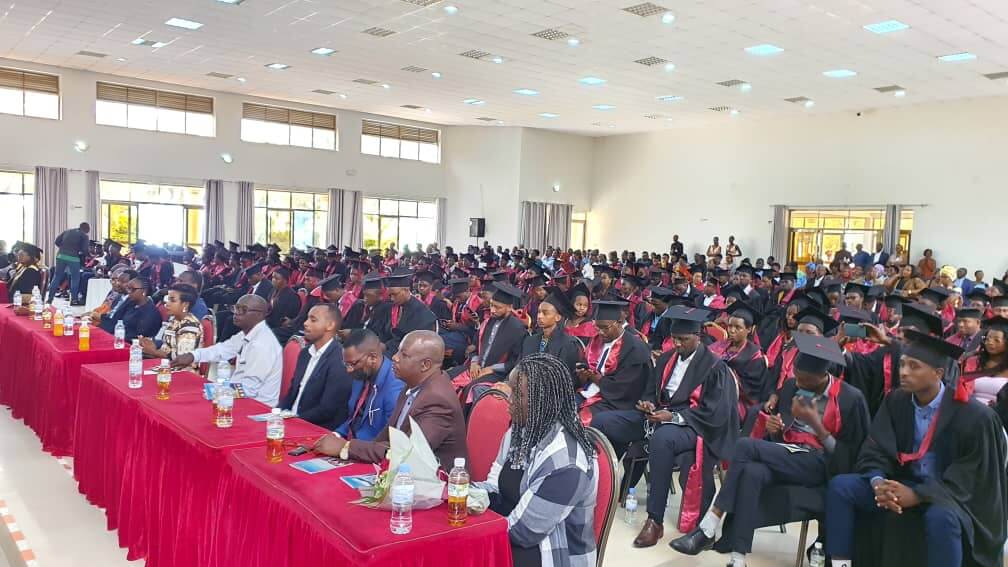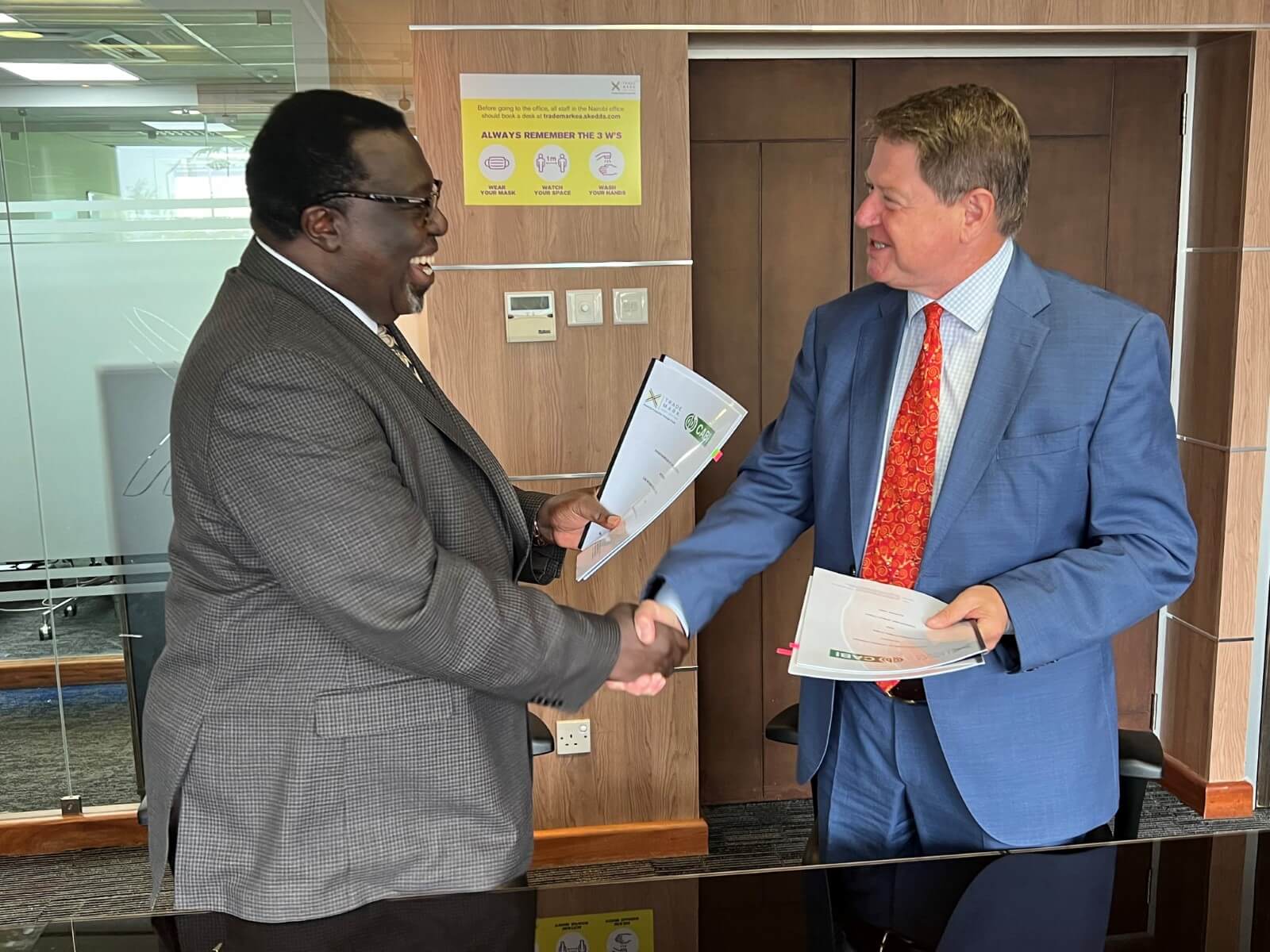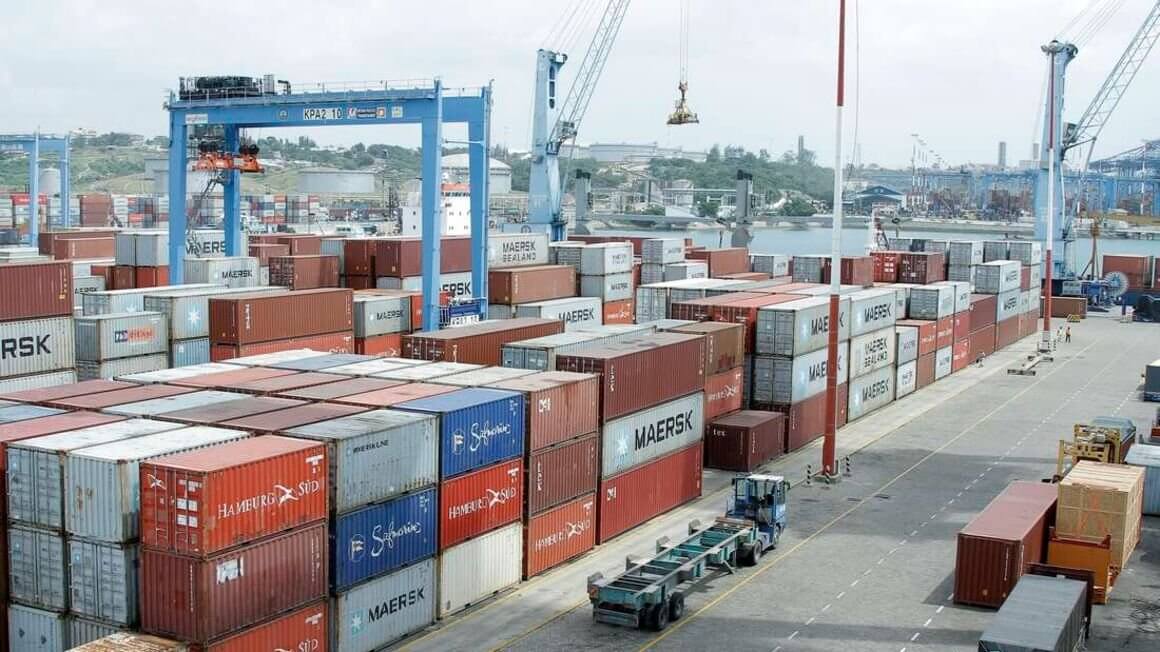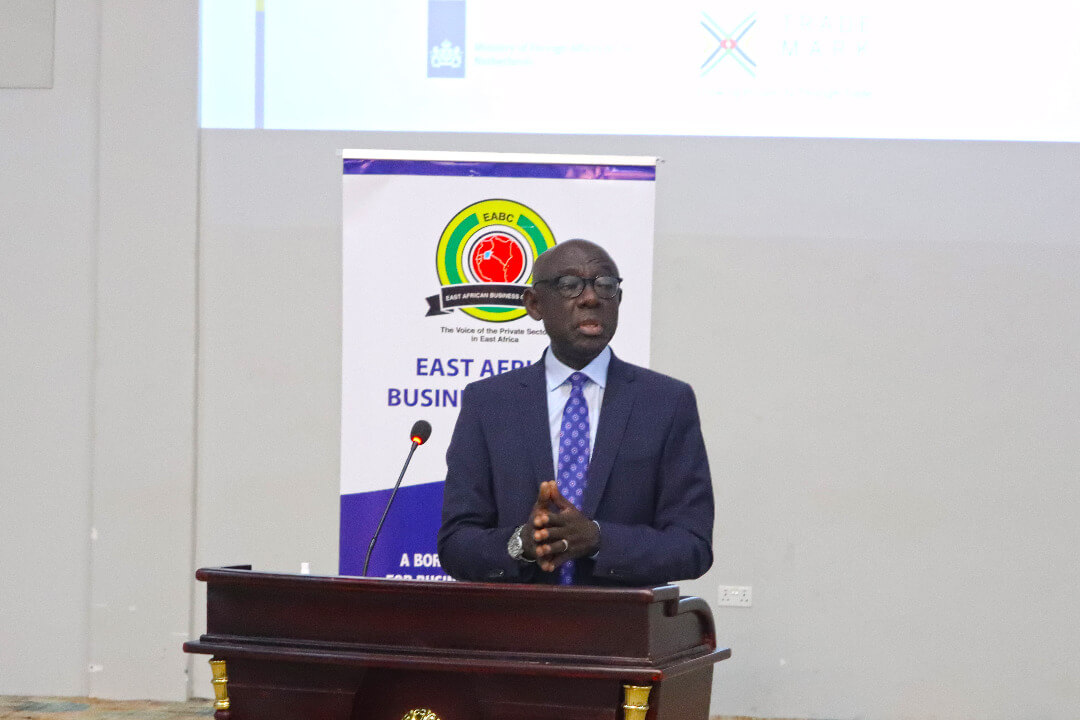President William Ruto coming into office is not just a formal transition but rather, it creates a sense of a new beginning following a period of heavy political campaigns and a wait-and-see approach by many Kenyans. Since the beginning of the year, the business community witnessed a hesitation by many investors before embarking on new projects or expanding on existing ones. The decision-making process by the government also stagnated as the nation awaited the election of new leaders. All eyes are now on the government, waiting to see what the President and the elected leaders will prioritise in the short, medium and long term. Presently, our economic situation is characterised by the high and rising cost of living, unemployment, rising trade deficit and the public debt burden. Securing the future of industry is at the heart of our advocacy. This is why Kenya Association of Manufacturers (KAM) continues to engage the government, among other stakeholders on the broader national goal and ambitions of Vision 2030. Bearing in mind the unique views of issues borne out of years of experience in the market and engagement with stakeholders, KAM has singled out four crucial aspects that the new government must prioritise. First, Kenya’s global competitiveness. When we speak of the country’s competitiveness, we are looking at our ability to sustainably produce goods and services for which there is a market – at a price and quality that the market is willing to pay for. Competitiveness may be local or regional and is now increasingly global. On...
Transforming Kenya through a competitive manufacturing base
Posted on: September 26, 2022
Posted on: September 26, 2022


